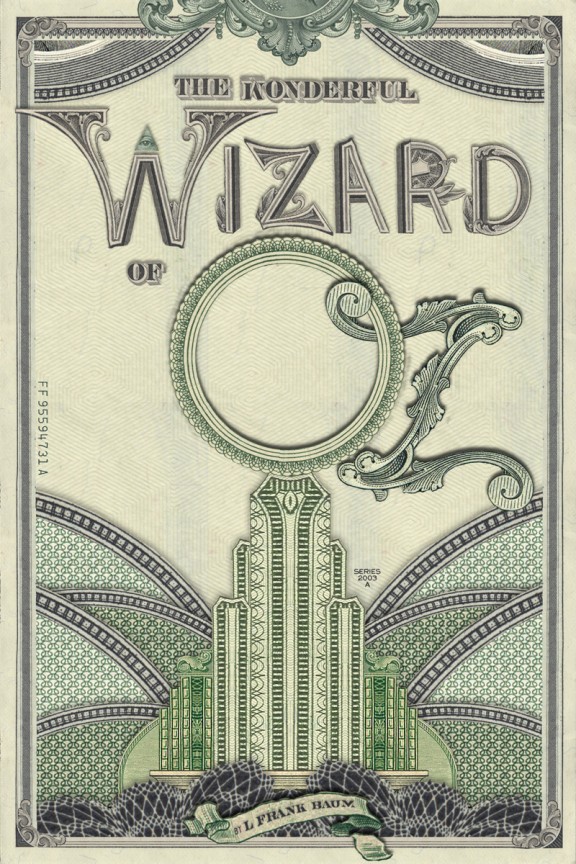You can be forgiven for thinking that L. Frank Baum’s The Wizard of Oz is all about monetary policy and populism. More than a few scholars, critics, academics, and teachers, have reiterated that line, and found parallels in the narrative between Baum’s fairy tale and the state of American politics at the end of the 1800s. The Scarecrow (the theory goes) is the agrarian worker, the Tin Man (or Tin Woodman, if you’re going by the book’s terminology) is the industrial laborer, and the Cowardly Lion is… Democratic candidate William Jennings Bryan. For some reason. Other perceived equivalencies include the Yellow Brick Road as the gold standard, and Dorothy’s silver slippers (they were changed to ruby in the Judy Garland film) as silver coinage.
This theory began in 1964 with an article titled The Wizard of Oz: Parable on Populism by high school history teacher Henry Littlefield. It has since taken on a life of its own, to the point where this podcaster first heard this theory from his freshman history teacher. However, there is no real basis for The Wizard of Oz being a satire, parody, fable, or any other kind of tale about populism. Baum’s own biography and a closer reading of the text do not support that oft-repeated theory.
Image via.

Podcast: Play in new window | Download
Subscribe: RSS